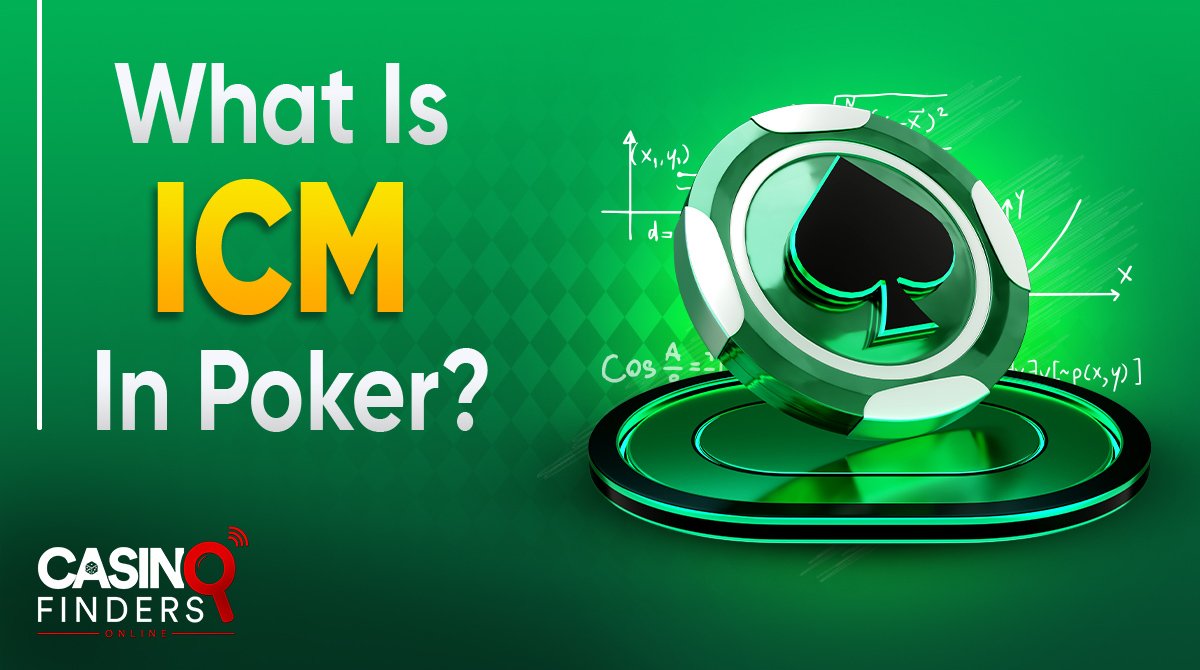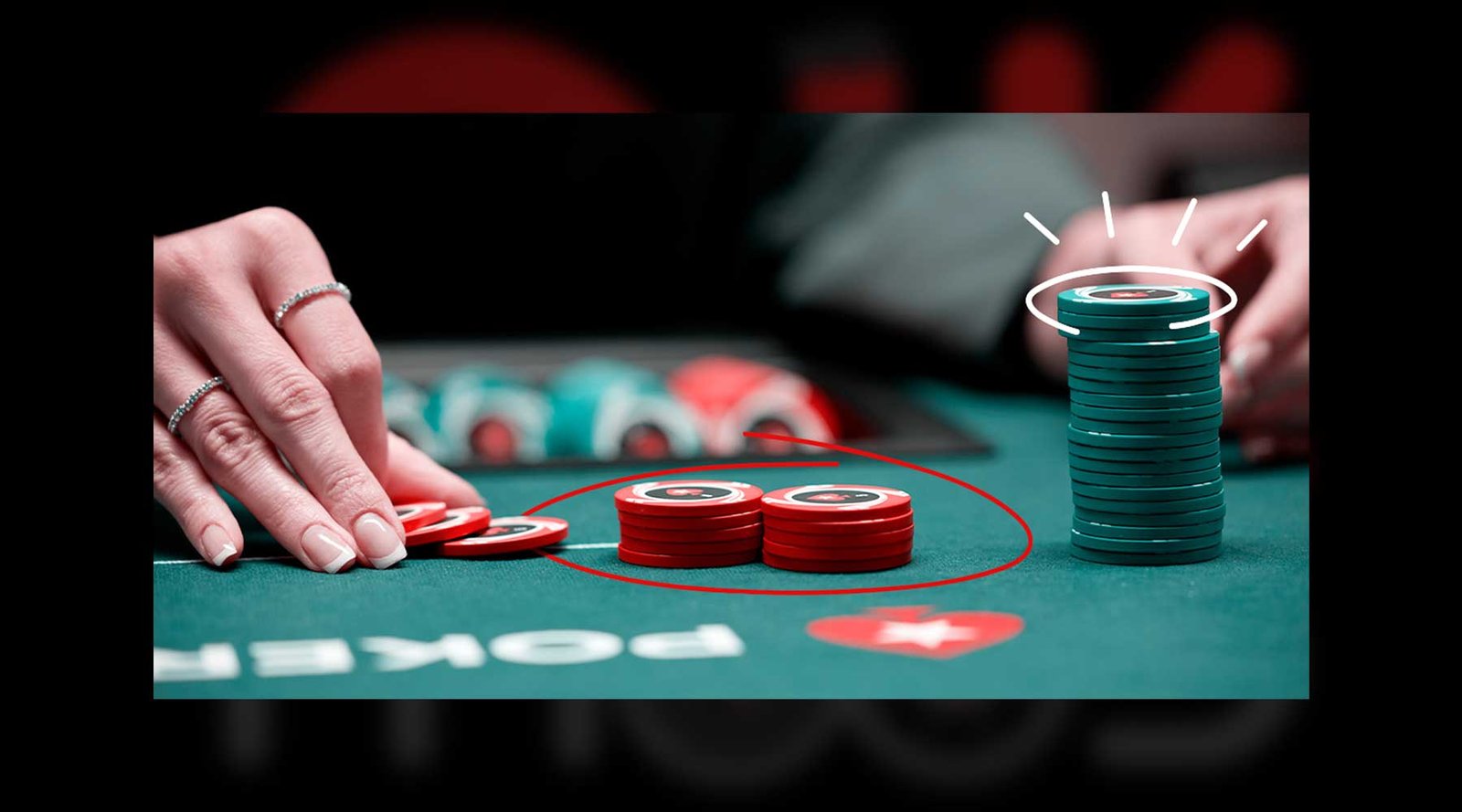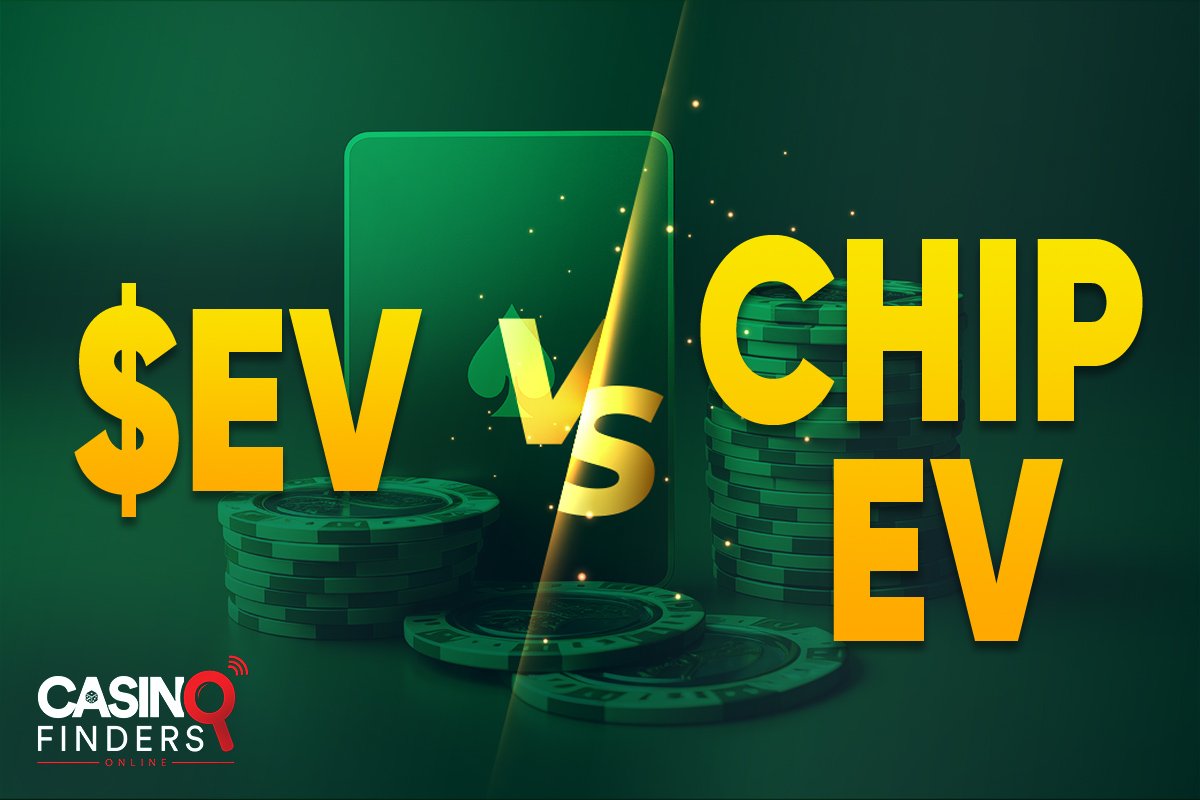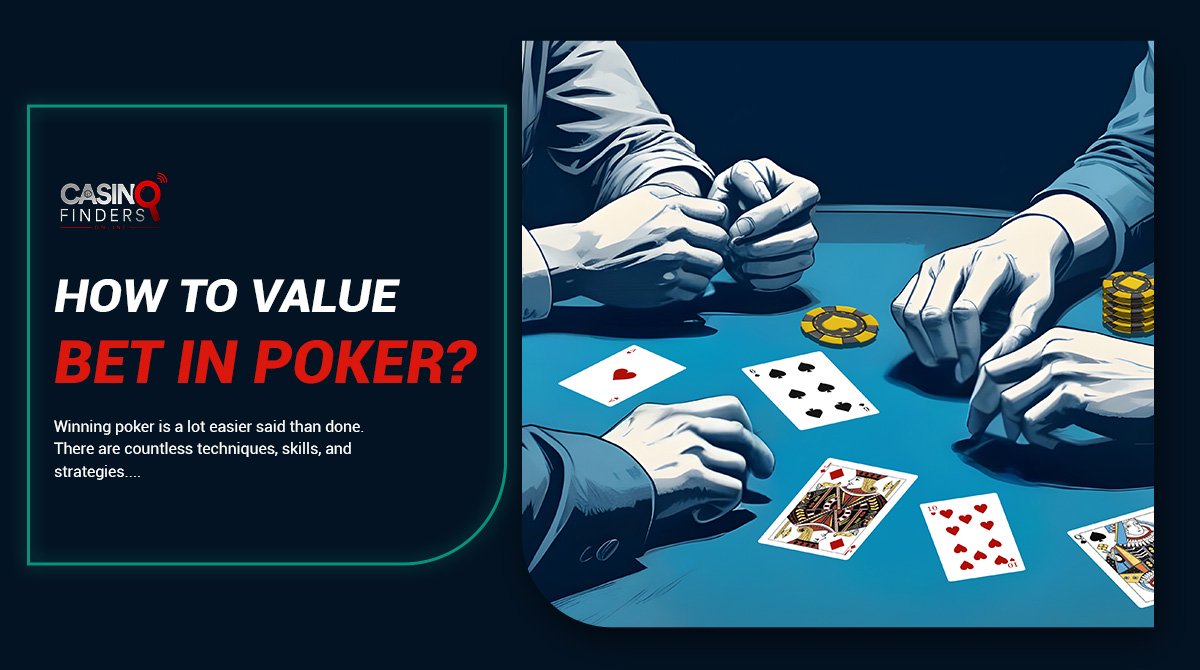What Is ICM In Poker (The Easy Way!)

Written by
Mia - Researcher / WriterLast updated:
September 17, 2023
Poker is a game of strategy, skill, and a little bit of luck. It’s a game that has been played for centuries and has evolved over time. One of the most important concepts in modern poker is the Independent Chip Model or ICM. This model has revolutionized how players think about the game, and it has become an essential tool for those who want to succeed in the poker world. In this article, we will explore the ICM in-depth, examining its history, applications, and impact on the game of poker. By the end of this article, you will be armed with every information you need about this concept. But before we dive in, be aware of “Ah, I already know this” moments. You may have some ideas about the concept, but can you fully and deeply explain the idea? There may be more to this than you think, you know!
Who Is The Brain Behind The Independent Chip Model And What Is The Idea?
The Independent Chip Model (ICM) is a mathematical model utilized to determine the value of a poker player’s chip stack in a tournament. Mason Malmuth and David Harville are the brains behind the model. In 1973, David formulated a method to calculate the probability of a horse finishing in first place or second, and so on. Then, in 1987, Mason used this method to calculate the probability of a poker tournament player finishing first, second, etc.
The idea of ICM is based on the premise that a chip stack’s value depends on the tournament’s payout structure. In a tournament with a linear payout structure, the value of a chip stack is equivalent to its monetary value. However, in a tournament with an uneven payout structure, the value of a chip stack surpasses its monetary value. This is because a player with a substantial chip stack is more likely to finish in the top spots, which are worth more money.
The ICM can be used to make various decisions in a tournament, such as how to play against a short-stacked opponent and how to adjust one’s play as the tournament progresses. Although it seems complex, several online calculators and other tools have been developed to facilitate ICM calculations. Also, when you understand the concept, it will no longer seem as complicated.
In recent years, the ICM has become increasingly significant in tournament poker. As the prize pools of tournaments have grown, so has the value of ICM. Players who comprehend and apply the ICM to their game have a considerable advantage over those who do not.
A brief timeline of ICM in poker is as follows:
- Mason Malmuth and David Harville developed the ICM in 1987.
- In the 1990s, some high-stakes tournament players began using the ICM.
- As online poker gained popularity in the 2000s, the ICM became more widely used.
- By the 2010s, ICM had been used by all levels of tournament poker players.
The Best USA Online Casinos of May 2024
It’s Not What You Think It Is!
First of all, let us get on the same page that ICM is not a rule like button, small blind, or big bling in Texas Hold’em and poker. ICM is more like a strategy, not a rule. Another thing to understand before jumping into calculations is that ICM only exists and is only applicable in poker tournaments and not cash games. Because the model considers two factors- The chip stacks of the players left and payouts– to tell you what your chips’ real (monetary) value is. How?
By giving you a better understanding of the risk and rewards in all stages of a tournament. Hence, while playing cash games using the model the value of your stack remains the same. For instance, if you are at a cash game table with $100 in front of you, your stack value is $100. (more on this later)
When Does ICM Become Important?
Many tend to believe that the concept of ICM only enters the fray when the bubble is about to burst or when the final table is in sight. However, only a select few understand that ICM is a key player right from the start. It is a vital factor that must be considered throughout the entire tournament. However, it becomes even more important as the tournament progresses and can greatly affect your choices.
$EV VS. Chip EV: What Is The Difference?
Expected Value or EV in poker refers to the statistical calculation that measures the average outcome of a particular action or decision in a game. Chip EV is the expected value of a decision in terms of chips. It is the average number of chips that a player can expect to win or lose as a result of making a particular decision. $EV, on the other hand, is the monetary equivalent of chip EV. It is the expected value of a decision in terms of dollars. $EV is important in ICM calculations used to determine the payout structure of a tournament.
ICM In Poker Made Easy: How Does The Model Work + Example
I have bad news and also good news! The bad news is that, yes, ICM is complex. But the good news is that there are many ways to simplify things, and it is what we are doing in this article to help poker newbies better master the concept.
First and foremost, you should understand that Independent Chip Model essentially calculates the real value of your chips. In other words, it helps you calculate your chips stack’s monetary value. But the model comes with its flaws. It does not consider your edge, future game, your skills, potential in bounty tournaments, etc.
Remember that every sit-and-go and every tournament is an ICM situation except for heads-ups. It is one of the core principles of ICM you need to keep in mind.
Alright, enough with theories. Let’s do some math here.
Under ICM, every chip you win is less worse than the chip you lose.
Let’s have a look at an example to better understand the above statement:
Suppose you join a six-max sit-and-go(SNG) regular payout structure hyper turbo tournament, like the ones you regularly see on PokerStars. Blinds are $10 and $20, and starting stakes are $500. In this example, the table equity(the portion of the pot that is yours depending on the percentage that you will win) will be a $100 prize pool as follows:
- $65 for first
- $35 for second
At the beginning of the tournament, all the stacks are worth $16.67. Now, if one player busts another stack, his stack increases to double the starting stack; the big blinds are doubled. In other words, the player’s stack doubles, and he gains 250 or 500 more chips, yet the V or value of his stack doe not double.
Now, you may be wondering where did the remaining $EV go? It is being distributed amongst all the other players. The table equity for all the other players increased to $17.25 from $16.67. It is a very important concept to comprehend, especially in SNGs. Every player that busts, all the other players, even those not involved in the hand, benefit from it.
So, the underlying principle of ICM is that it calculates the likelihood of you getting first times the likelihood of getting second, etc., and provides you a certain value of your stack. It applies to every stack. So, the more chips you have, the higher it is going to be the value of your stack because there are higher chances for you to finish in one of the top spots. Fewer chips don’t mean you will not end up in the top spots, but the chances are lower.
Calculating the probability of finishing in second or third place in a poker tournament can be complex, as it requires a computer to account for all possible outcomes, which is why there are various ICM calculators online. However, the probability of finishing in the first place can be easily calculated by dividing the number of chips a player has by the total number of chips in play.
Wrap Up
As explained, ICM is an important concept in poker that helps players make better decisions when it comes to chip value and tournament equity. By understanding ICM, players can adjust their strategies and make more profitable moves because the poker tournament prize pool fluctuates, and you should have a clear understanding of the real value of the pool as well as your chips. Players must consider ICM when playing in tournaments, as it can greatly impact their chances of winning. Overall, mastering ICM is a key skill for any serious poker player who wants to make a living from playing poker.
ICM In Poker FAQs
-
Is ICM Applicable In Game Of Poker?
No, the model is only applicable in poker tournaments except for heads-ups.
-
How Do I Calculate ICM In A Tournament?
Calculating the probability of finishing in second or third place in a poker tournament is complex. For this reason, various tools are designed to calculate ICM by considering the tournament payout structure, the number of players remaining, and the chip stacks of all players.
-
What Are Some Tips For Using ICM In Poker?
Be aware of the payout structure of the tournament because the payout structure will have a big impact on the value of your chip stack. Consider the number of players remaining because the fewer players remaining, the more valuable your chip stack will be. Watch the chip stacks of your opponents because the chip stacks of your opponents also affect the value of your chip stack.
-
What Does ICM Stand For?
The acronym stands for Independent Chip Model.


















